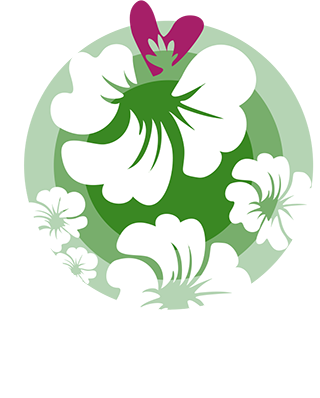What is a disability?
A disability is any condition that causes inconvenience or difficulty in daily life.
Who has disabilities?
Everyone may experience disabilities at some point in their lives.
What types of disabilities exist?
Disabilities can be physical or psychological.
How long do disabilities last?
Some disabilities are lifelong, while others are temporary.
From different perspectives and in different environments, anyone can be considered a person with a disability. When an individual faces physical or mental limitations that hinder their ability to function in a particular setting, they become mobility-impaired. Some mobility impairments arise from natural physiological conditions, such as young children whose bodies and minds are not yet fully developed, elderly individuals experiencing slower movement due to aging, pregnant women, or individuals with obesity.
Furthermore, engaging in daily activities can also lead to temporary mobility challenges. Adults carrying children, people lifting heavy objects, or individuals wearing high heels may all experience mobility difficulties. Additionally, injuries, fractures, surgeries, eye diseases, and other medical conditions can impose physical limitations, causing temporary or permanent disability.
When we become physically or mentally disabled, we immediately face challenges in adapting to our surroundings, such as architectural barriers, transportation difficulties, workplace limitations, and educational obstacles. The interaction between environmental and psychological factors can further intensify these challenges. At such times, what we need most is an accessible environment—a space that is both physically accommodating and socially inclusive, fostering a culture of empathy and support.
Creating an accessible environment ensures that people with mobility challenges can enjoy the same convenience and participation in essential activities, such as healthcare, education, work, and recreation, as anyone else. More importantly, accessibility is the foundation for the independence and self-development of people with disabilities. A truly barrier-free world integrates both psychological acceptance and physical accommodations, and with collective effort, we can cultivate a society that is inclusive, supportive, and free of obstacles.

